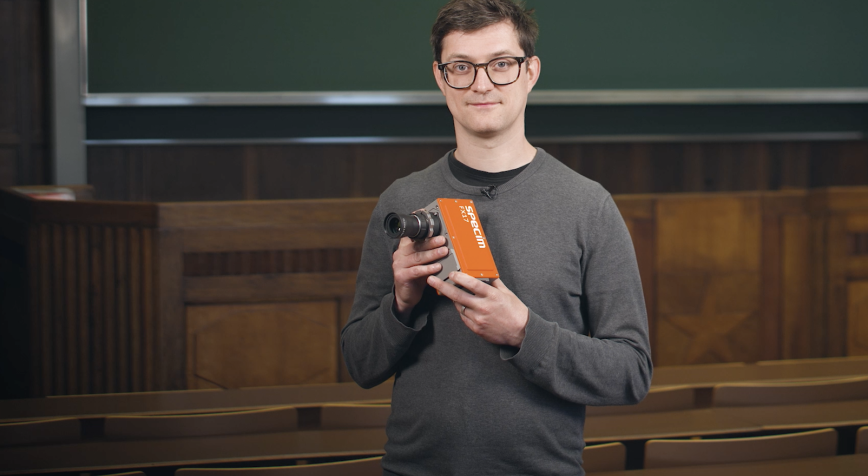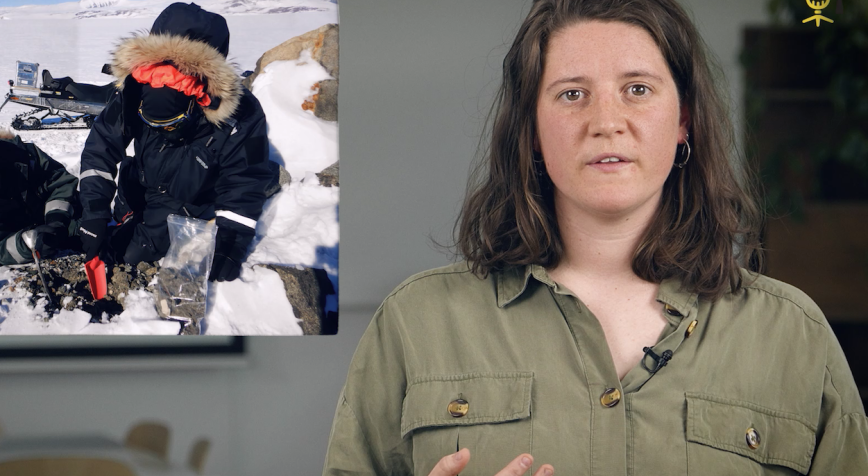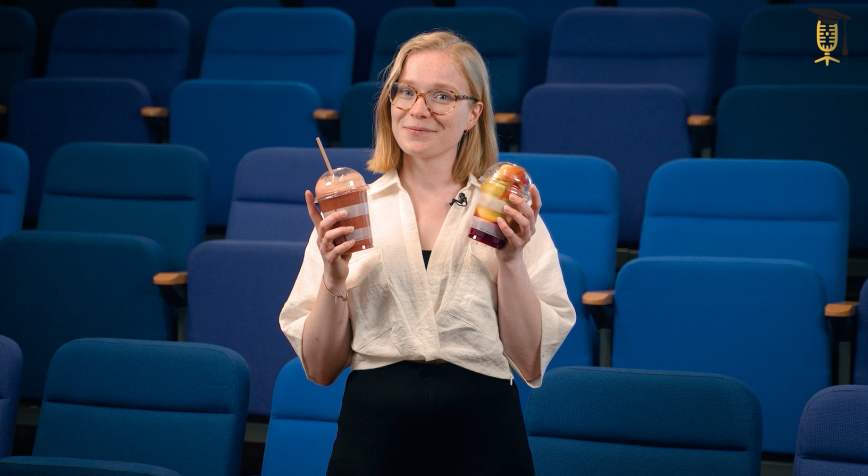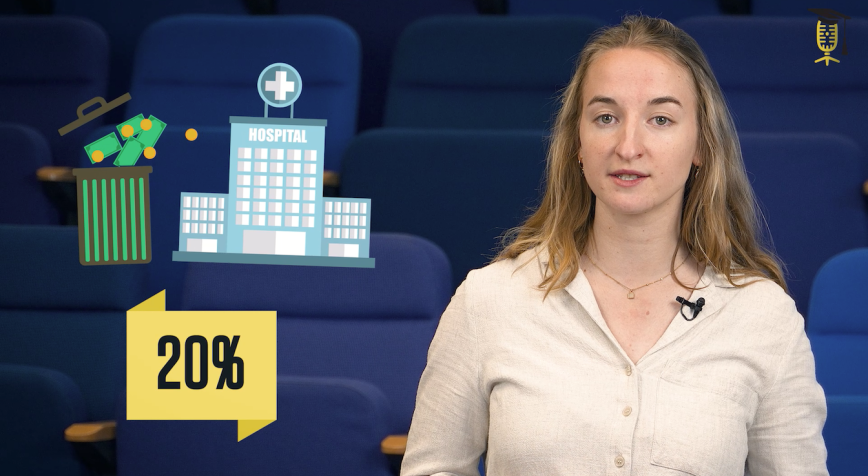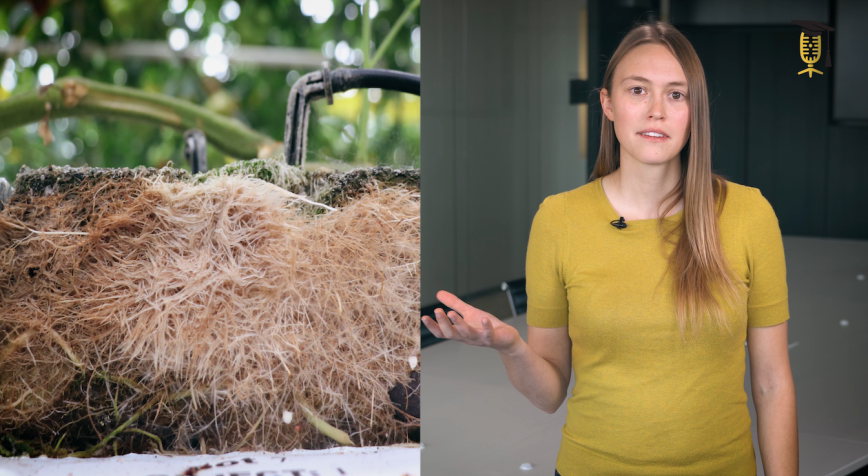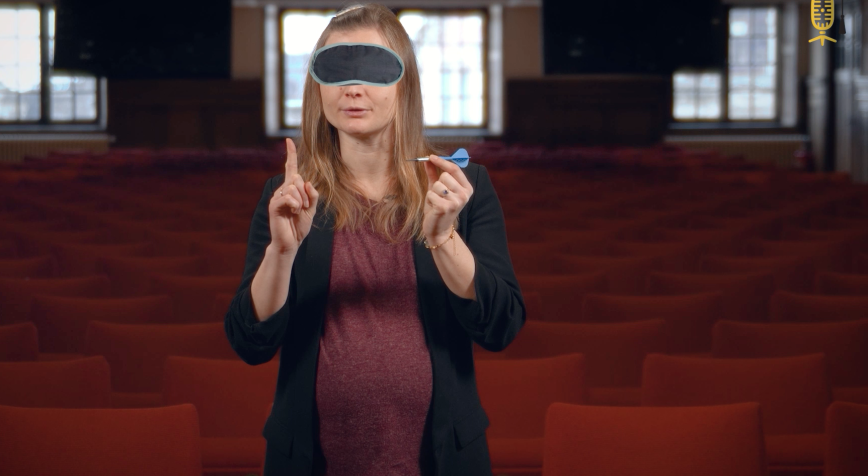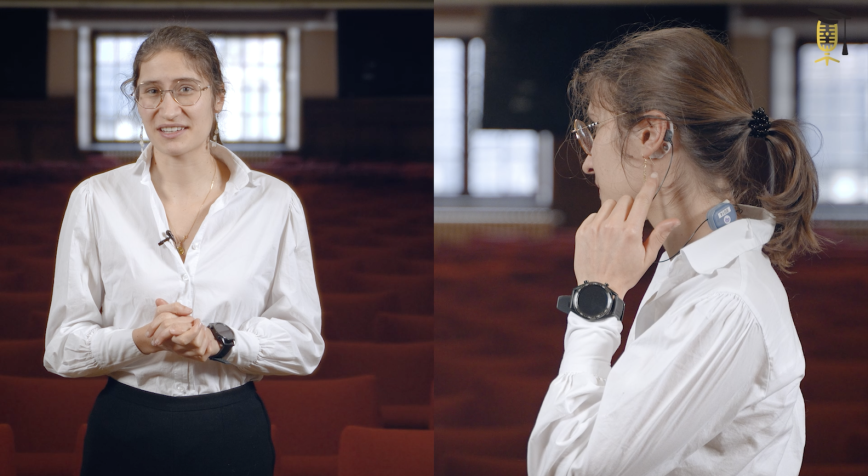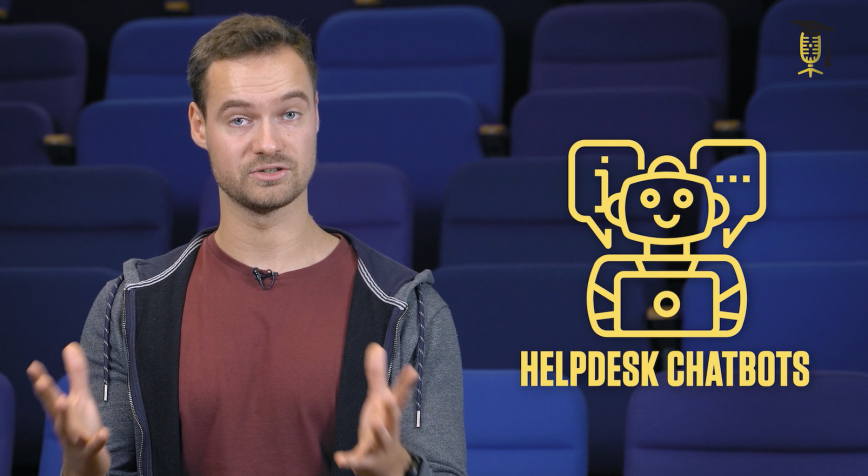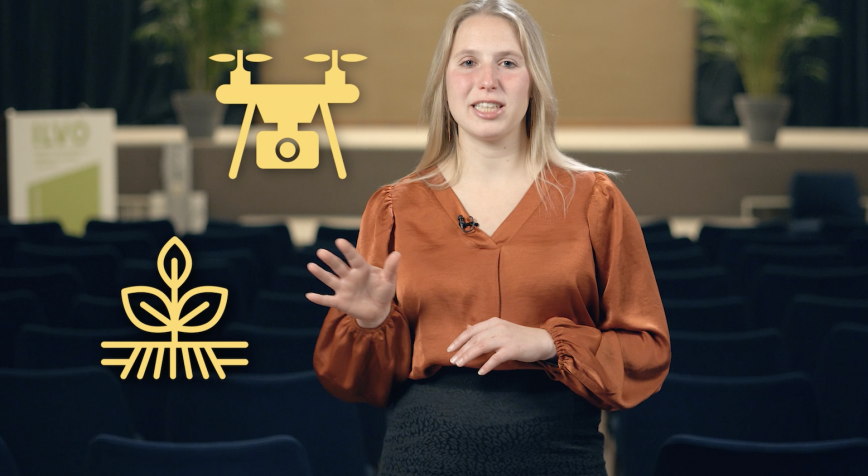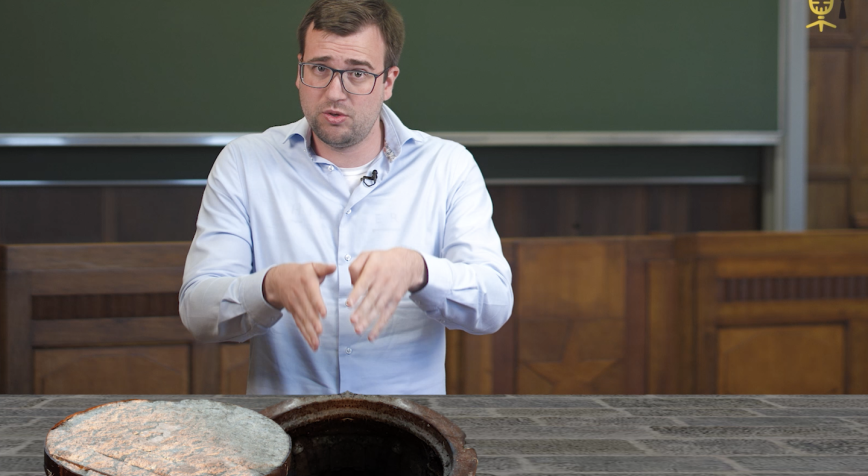
UAntwerpen
The sewer as a mirror of society
Tim Boogaerts (UAntwerp) dives into sewers for his research. "Why would you do that?", we hear you thinking. Well, because sewage offers a wealth of information on the use of drugs, alcohol, and medicines in our society. Tim explains how that works.
